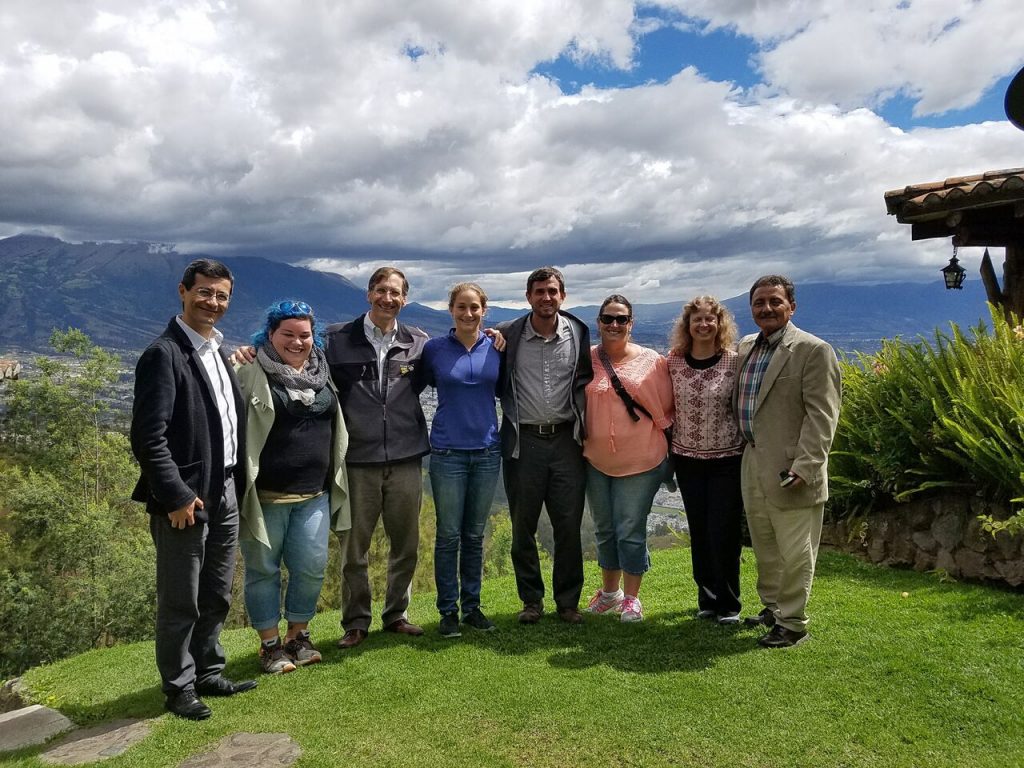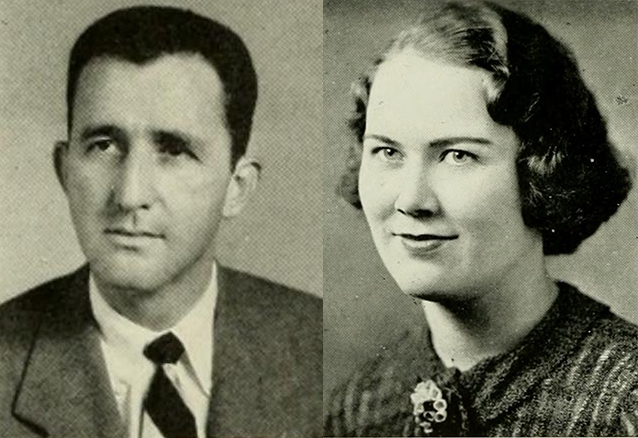 A three-year $1.65 million grant from the Centers for Disease Control and Prevention will allow UNC researchers to study using the “Popular Opinion Leader” model in preventing concussions in middle school sports.
A three-year $1.65 million grant from the Centers for Disease Control and Prevention will allow UNC researchers to study using the “Popular Opinion Leader” model in preventing concussions in middle school sports.
Up to 50 percent of concussions in youth athletes are never reported to a healthcare provider.
POL interventions involve identifying and training groups of trusted, respected individuals on how to have casual conversations within their social networks about risk reduction. These conversations aim to ultimately change cultural norms related to prevention. The model has been widely used in areas of public health such as HIV prevention, according to Zachary Kerr, assistant professor of exercise and sport science in the College of Arts & Sciences and a faculty member of the Matthew Gfeller Sport-Related Traumatic Brain Injury Research Center and the Injury Prevention Research Center.
“I came from a background of HIV prevention work; 11 years ago I was using a POL model in a community in central Ohio,” Kerr said. “It’s been proven to be really successful in that context.”
UNC’s proposal, which will study five youth sports with a high incidence of concussion —football, boys’ and girls’ soccer, and boys’ and girls’ basketball — is among the first to explore using these opinion leaders to prevent concussions.
Opinion leaders in a middle school setting are likely to be parents and coaches, but researchers will work with local middle school stakeholders to identify who the influencers should be, Kerr said. This work builds on current Gfeller Center collaborations, partnering with experts and neighboring communities alike in the prevention and management of concussions in youth.
 The long-term goal is to change community norms regarding concussion/head impact prevention and concussion management. The research team hopes to develop and test an intervention that is easily used by many groups at a relatively modest cost.
The long-term goal is to change community norms regarding concussion/head impact prevention and concussion management. The research team hopes to develop and test an intervention that is easily used by many groups at a relatively modest cost.
“Middle school can be a tough time because kids are often dealing with peer pressure and pressure from other adults,” Kerr said. “These parent and coach leaders will have conversations with their children, friends and peers about their personal endorsement of safer game play.”
The team comes from diverse backgrounds, including exercise and sport science, public health and injury prevention, creating an interdisciplinary collaboration across the University.
Additional members of the UNC investigative team include:
- Johna Register-Mihalik (exercise and sport science, Gfeller Center, Injury Prevention Research Center)
- Kevin Guskiewicz (exercise and sport science, dean of College of Art & Sciences, Gfeller Center, Injury Prevention Research Center)
- Jason Mihalik (exercise and sport science, Gfeller Center, Injury Prevention Research Center)
- Steve Marshall (epidemiology, Injury Prevention Research Center)
- Vivian Go (health behavior, Gillings School of Global Public Health)
- Paula Gildner, project manager (Injury Prevention Research Center).



